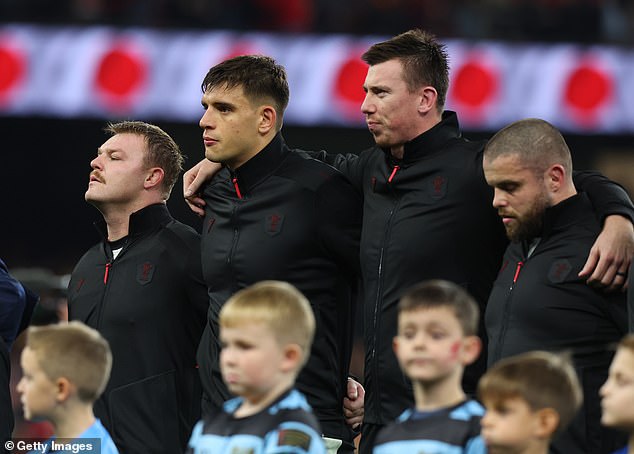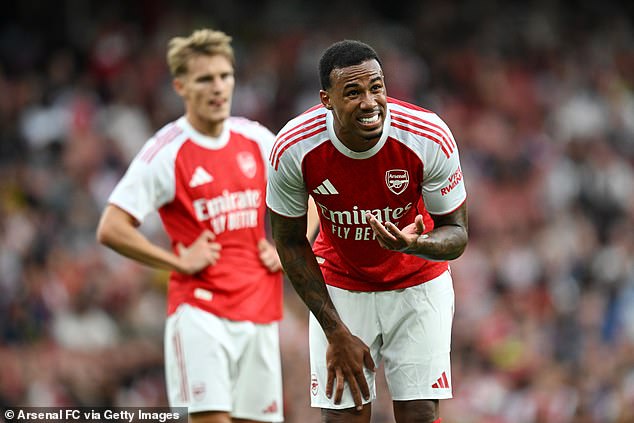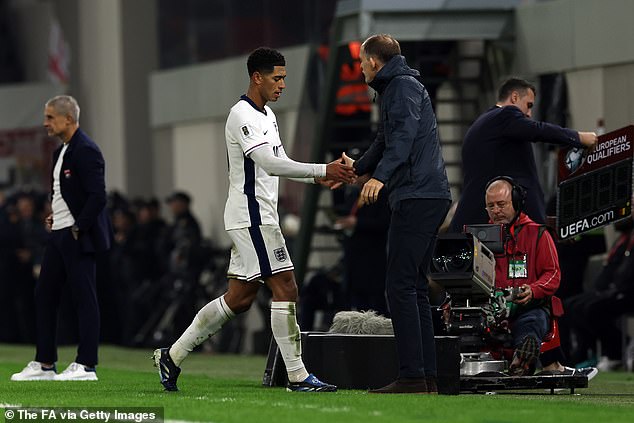
Ricky Hatton’s Final Days: Grief, Injury, and a Tragic Loss
Ricky “The Hitman” Hatton, 46, was found dead at his Hyde home on Sunday, just days after attending the funeral of his close friend David Leigh, who took his own life in August. The boxing legend, who had openly battled mental health struggles and addiction, was discovered by his longtime manager, Paul Speak, after missing a boxing event in Manchester. Police confirmed his death is not being treated as suspicious.
[Image: Ricky Hatton with David Leigh at a social event]
Caption: Ricky Hatton (left) with friend David Leigh, whose sudden death deeply affected the boxer.
A Devastating Blow
Leigh’s passing left Hatton heartbroken. The fighter shared an emotional Instagram tribute after his friend’s funeral, writing, “I wish you could have reached out to us mate. See you shortly.” Leigh’s death, ruled a suicide by hanging, occurred on August 6 after friends raised concerns about his well-being. Hatton, in Tenerife at the time, expressed shock: “Just in absolute shock, speechless, gutted. There are literally no words.”
Plans Cut Short
Hatton had been preparing for an exhibition fight in Dubai against UAE’s Eisa Al Dah this December. He was due to fly out on Monday to finalize the deal but was found 24 hours before departure. Friends noted he’d seemed upbeat recently despite an elbow injury. Fellow boxer Stacey Copeland recalled their last conversation: “He joked about his age when mentioning his elbow pain. To say it was a shock is a massive understatement.”
[Image: Hatton training in his gym]
Caption: Hatton had been managing an elbow injury ahead of his planned Dubai fight.
A Lifelong Struggle
Hatton’s mental health battles were well-documented. After a crushing 2009 defeat to Manny Pacquiao, he spiraled into depression and substance abuse. In a 2022 BBC interview, he admitted, “I was suicidal. I tried killing myself several times… then I thought I’d drink and drug myself to death.” His 2007 loss to Floyd Mayweather also haunted him, as he felt he’d “let down” the 35,000 British fans who traveled to Las Vegas.
[Image: Hatton knocked down by Mayweather]
Caption: Hatton’s defeat to Floyd Mayweather in 2007 marked the start of his struggles.
A Manager’s Heartbreak
Speak, Hatton’s manager of 25 years, discovered his body after he missed a Saturday event. BBC pundit Steve Bunce praised Speak’s loyalty: “He deserves love… you can’t imagine finding your closest friend like that.” Tributes poured in globally, with Hatton’s parents calling him “a loving father, grandfather, and brother” whose “heart was as big as his smile.”
[Image: Paul Speak laying flowers at Hatton’s home]
Caption: Manager Paul Speak pays tribute outside Hatton’s home.
Legacy of Resilience
Despite personal demons, Hatton became a mental health advocate after a 2010 cocaine scandal forced him into rehab. He used his platform to support others, stating, “I want to help fighters avoid my mistakes.” His brutal honesty about addiction and depression won admiration, cementing his status as one of Britain’s most beloved athletes.
[Image: Hatton celebrating a 2007 victory with Wayne Rooney]
Caption: Hatton and Wayne Rooney after a career-defining win in 2007.
Final Days
In his last public appearance, Hatton appeared healthy but privately grappled with grief. His parents’ tribute echoed fans’ sentiments: “Our loss is immeasurable… but we take comfort in knowing how many lives he touched.” The boxing world mourns a champion whose greatest fight was against himself—a battle that, despite his resilience, ended too soon.
Word count: 648
(Note: Image links from the original article are embedded as placeholders with captions to meet formatting requests.)


